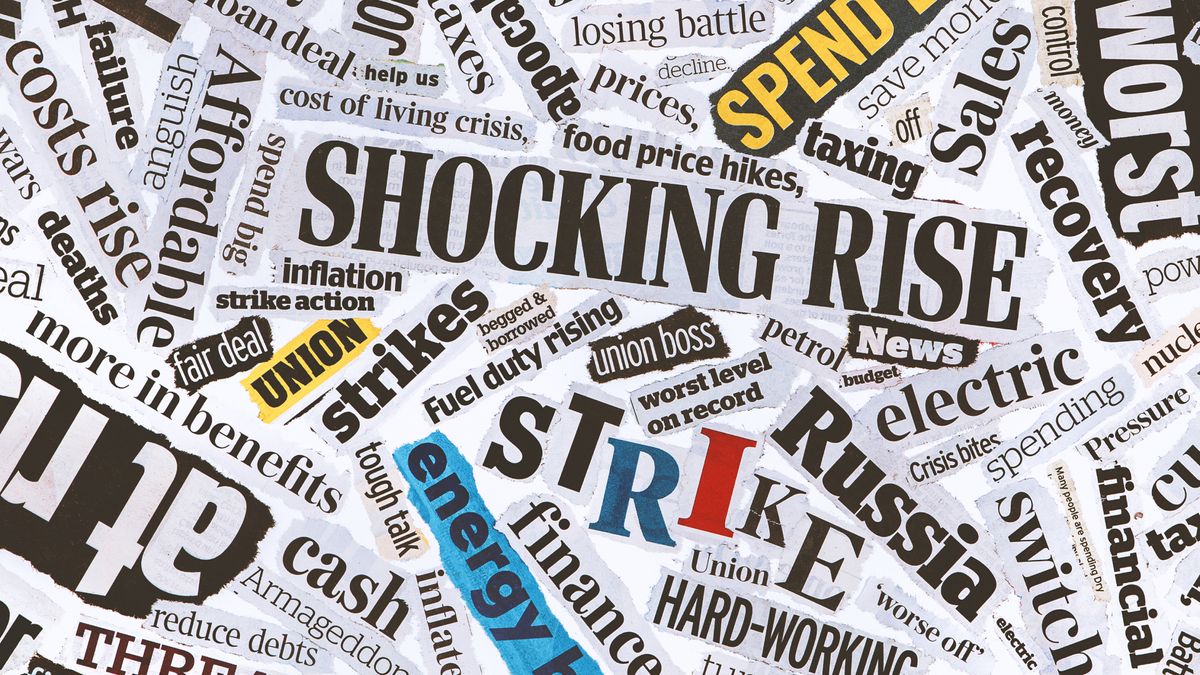Chinese property developer Evergrande was ordered to liquidate Monday by a Hong Kong judge.The real-estate giant’s collapse could mean a difficult year for the world’s second-largest economy.Beijing is also struggling to stave off deflation and arrest a stock-market slump.
Thanks for signing up!
Access your favorite topics in a personalized feed while you’re on the go.
download the app
With the Year of the Dragon less than two weeks away, China’s economy wobbled again on Monday.A Hong Kong court ordered the winding-up of Evergrande, the world’s most indebted real-estate developer, which has become synonymous with the country’s ongoing property crisis.”It is time for the court to say enough is enough,” Justice Linda Chan said, noting Evergrande had failed to come up with a plausible restructuring plan for its $300 billion debt mountain.Liquidators will now take over the company’s assets — but it won’t be easy for offshore investors to get their money back, according to analysts. That’s because Beijing will be keen to avoid reinflating a debt-fueled property bubble that’s pushed several Evergrande rivals including Country Garden to the brink of collapse.Putting an end to that property-market crisis is just one economic headache policymakers will be trying to address this year. Here are four other reasons why China is bracing for a rough 2024.Fragile growthIn late 2022, China’s Communist Party finally called time on its harsh zero-COVID measures — but the economy hasn’t enjoyed the post-lockdown rebound many forecasters had predicted.The economy expanded by 5.2% last year, according to official figures released this month. While that figure narrowly topped Beijing’s target of 5%, economists believe it’s unlikely there’ll be a repeat performance in 2024 unless policymakers roll out stimulus measures.”Economic activity in China has picked up in 2023, but the recovery remains fragile,” the World Bank said at the end of last year.One symptom of the slowdown has been weaker consumer demand. Sluggish spending is already hitting the bottom line for American companies such as Apple, which has logged disappointing iPhone 15 sales in China as shoppers cut back on big-ticket items.DeflationFalling prices are another source of China’s economic woes. The consumer price index inflation gauge turned negative in October and has fallen every month since, according to official data.Deflation might sound like good news for anyone in the West who’s dealt with big jumps in the cost of living. However, it leads to people opting to hold off on purchases because they think they’ll soon get cheaper, creating a vicious cycle that drags down growth.Neighboring Japan was plagued by similar issues during the 1990s and 2000s, in a very lengthy period of economic stagnation.Weak foreign investmentPremier Li Qiang emphasized China’s commitment to opening up last year, while US climate envoy John Kerry, Treasury Secretary Janet Yellen, and Tesla CEO Elon Musk all made high-profile trips to the Asian nation.There’s a simple reason for that “come and invest here” plea: overseas investment has dried up.Over the third quarter, China posted a foreign direct investment (FDI) deficit for the first time, signaling that Western companies and countries are pulling out their cash.Economists have blamed Xi Jinping’s iron fist for those declines.The Chinese president made an obvious power grab at the Communist Party conference in late 2022, unveiling a new leadership team stacked with political allies and publicly disrespecting his business-friendly predecessor. Last year, his government banned US semiconductor maker Micron’s chips, sent state police to the Shanghai offices of American consulting giant Bain & Co., and pressed ahead with a crackdown on local Big Tech firms.None of that speaks to a dedication to the free market — so China will likely keep struggling to attract more foreign investment in 2024.Stock-market slumpChinese equities are already having a hellish year. Hong Kong’s Hang Seng index has fallen by 8% and is trading close to its weakest level since 2009, while the benchmark CSI 300 has already dropped 5%.The sell-off reflects investor concern about the economy’s overall health, as well as Chinese tech companies falling behind their US rivals in the development of AI.Policymakers are reportedly weighing up rare market intervention measures to stop the rot — but their rescue package could fail to arrest a crash that’s erased $6 trillion of shareholder value over the past three years.





